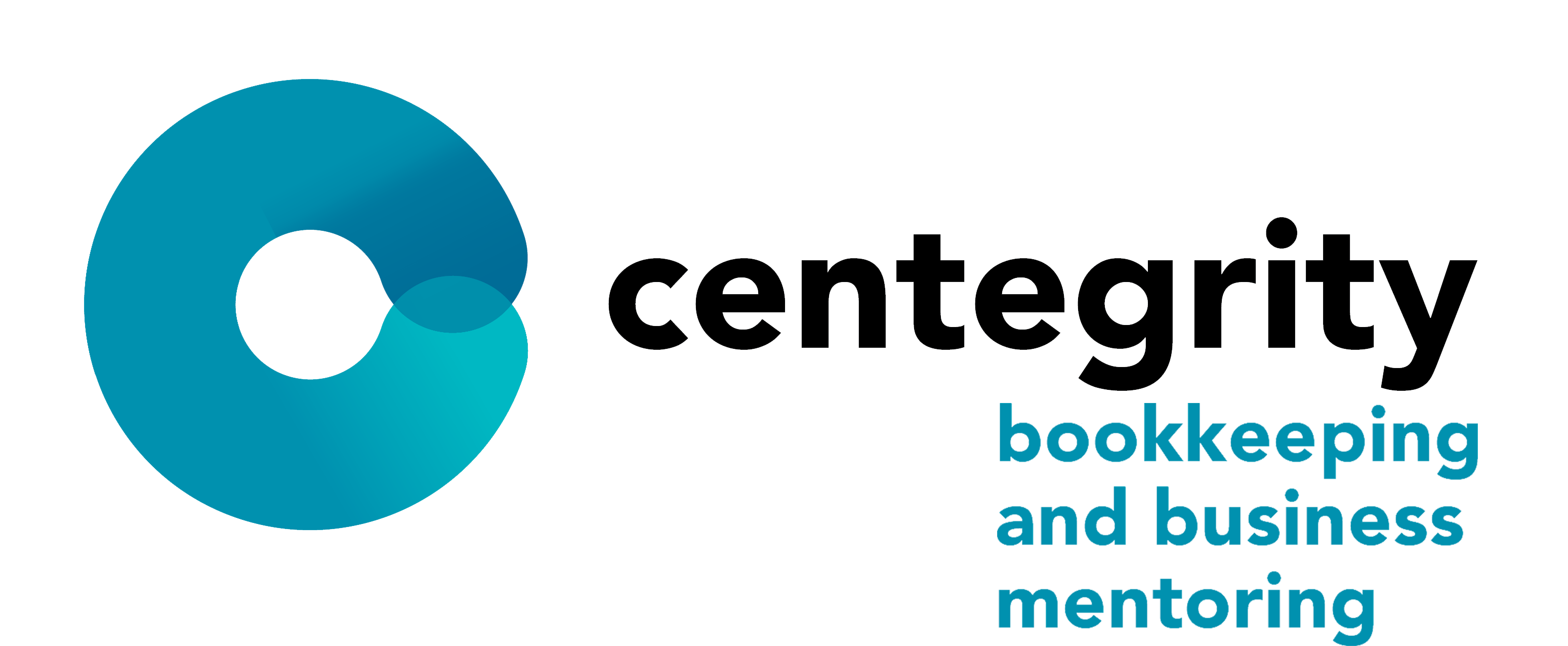If you’re looking for someone to manage your business finances, then you might be considering an accountant or a bookkeeper to help you.
To keep the finances in order, you need someone who has professional experience with recording and understanding the business’s cash flow.
To most business owners, bookkeepers and accountants might seem like they offer the same service.
After all, both deal with finances and both roles require at least a basic understanding of accounting. Both bookkeepers and accountants can generate reports regarding financial transactions.
In this article, we’re going to discuss the difference between bookkeeping and accounting, so you can make an informed decision about what level of financial management and support you need for your business.
The Difference Between an Accountant and a Bookkeeper
In the simplest terms, a bookkeeper is responsible for the recording of financial transactions in a business. Once the data is recorded, accountants are responsible for classifying, analyzing, interpreting, and summarizing this financial data, usually for taxation purposes.
Let’s take a more in-depth look at the roles of a bookkeeper and an accountant.
What is a Bookkeeper?
Bookkeeping is an integral part of the process of accounting in business. The role of a bookkeeper is to make sure your business finances run smoothly.
They provide a comprehensive record of money coming in and money going out, which can help you better understand how financially successful your business is.
Bookkeepers correctly record the financial dealings of a business, including purchases, receipts, sales, and payments.
You might have heard of some of the standard bookkeeping methods, including single-entry bookkeeping and double-entry bookkeeping systems.
Here are some of the bookkeeper’s main roles:
- Processing invoices, receipts, payments, and other financial transactions
- Processing and maintaining your payroll system
- Reconciling bank accounts
- Preparing reconciliation reports
- Managing your accounts receivable and accounts payable
A bookkeeper records the day-to-day financial transactions on behalf of a business. In most larger companies, you might find a bookkeeper running and maintaining the payroll system, processing invoices, and reviewing your accounting systems. In a smaller company, very often, the bookkeeping services are outsourced.
Bookkeepers document each financial transaction, whether they are by credit card or cash, into the general ledger.
The financial software that is commonly used for bookkeeping in Australia are Xero, MYOB, and QuickBooks.
What is an Accountant?
You can think of accounting as a more extensive function when compared to bookkeeping.
Accountants help to understand your financial situation and help you make smarter decisions about your business.
Accounting has numerous functions, such as classification, summarization, and interpretation of all business transactions.
Here are some of the services an accountant can offer:
- Tax advice and planning
- Assistance establishing a business
- Auditing
- Corporate reporting and compliance
- Cash flow forecasting
- Structuring for asset protection
- Budgeting
- Preparing financial statements and income tax returns
While bookkeeping is focused mostly on the recording aspect of accounting, it is an essential part of an accountant’s work. Without accurate financial records, the small errors in bookkeeping can cause problems for accountants.
For this reason, many accountants rely on bookkeepers to ensure the accounts are accurate. Mistakes must be corrected before financial statements are prepared, and these discrepancies can cause unwanted additional accounting fees.
How Bookkeeping and Accounting Works Together
Bookkeeping is the first stage of good business financial management, while accounting is the latter. A bookkeeper can also help you with budgeting for the year ahead. They may also help your business with BAS preparation and lodgement (either monthly, quarterly or annually).
That is why it is often said that accounting begins where bookkeeping ends. Bookkeeping ends with the recording of the financial transactions in the books of account.
The accounting function then steps in to classify and present the information correctly according to Australian Accounting Standards. Once that is done, the accountant creates financial reports using the data recorded by the bookkeeper.
Throughout this article, we’ve highlighted the significant differences between bookkeepers and accountants and their roles within your business.
An accountant can take on both roles and provide you with all the financial support you need to manage your business successfully. But keep in mind an accounting firm will likely charge much higher rates to do your bookkeeping.

